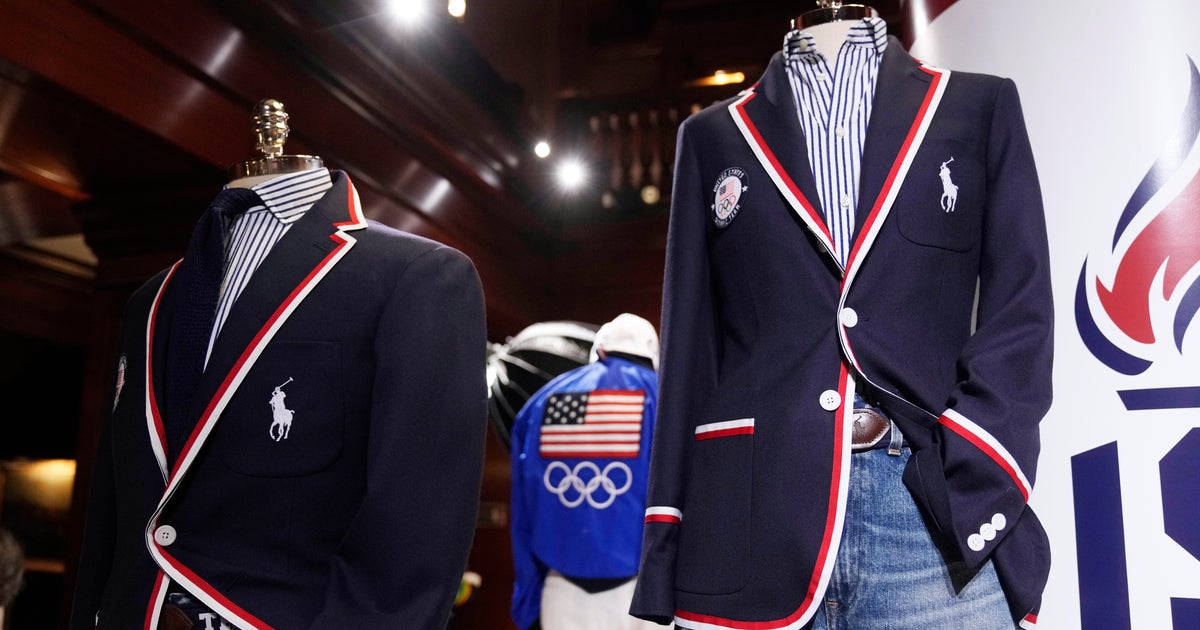A New York bill aims to regulate the fashion industry’s effects on climate change.
The Fashion Act would hold clothing and footwear companies accountable for their effects on the environment.
Fashion accounts for up to around 9% of global greenhouse-gas emissions, more than the aviation industry. The bill also creates a remediation fund for environmental, community or labor-related projects.
Rich Schrader, northeast government affairs director for the Natural Resources Defense Council, described how enforcement of the bill would work.
“The bill will create an enforcement mechanism that the attorney general in New York State will be responsible for,” Schrader explained. “It’s given a monitoring investigative and enforcement set of authorities. That’s to ensure the companies are in compliance.”
He pointed out the attorney general could fine companies not in compliance with the guidelines.
Fast fashion companies like Shein have only made things worse, studies have shown. The companies make clothes designed to be worn less than a handful of times before they’re tossed away, ending up in a landfill. Fast fashion is responsible for around 10% of global carbon dioxide emissions. The bill has been referred to the Assembly’s Consumer Affairs and Protection Committee.
A United Nations report found more than one-quarter of signatories to the Fashion Industry Charter for Climate Action are working with lawmakers on climate-related issues and regulations.
Maxine Bédat, executive director of the New Standard Institute, said issues persist in greening the process of making clothes.
“The textile mills, which are the ones that would be responsible for decarbonizing, are not getting any price premiums from the brands that they work with to decarbonize,” Bédat noted. “There is zero incentive for them to decarbonize even though the technologies are there.”
She argued more collaboration is needed between brands and manufacturers to develop an incentive structure. Bédat sees the New York bill as the foundation to build on, which a federal bill could do. The FABRIC Act would establish safer working conditions for garment workers and improve industrywide sustainability.
Disclosure: The Sane Energy Project and the Energy Democracy Alliance contributes to our fund for reporting on Climate Change/Air Quality, Energy Policy, Environmental Justice, and Social Justice. If you would like to help support news in the public interest,
click here.
get more stories like this via email
Dozens of union members rallied Wednesday in Sacramento, calling on lawmakers to pass a set of bills called the California Worker Climate Bill of Rights. The bills are intended to integrate worker’s rights into the clean-energy transition.
The Climate Resilient Schools Act would create the first master plan to make sure our schools have clean, cool air, adequate shade and energy-efficient buildings and buses.
Jeff Freitas, president of the California Federation of Teachers, explained the importance of the bill.
“The bill also looks at everything that is needed,” Freitas emphasized. “In terms of how it can help the state, how it can help the school environment and how it can help the students creating not only a more welcome space but a healthier space for our students and the workers there.”
A second bill would require safety measures for workers at biofuel facilities. A third proposal would create a permanent fund for workforce development training — with federal climate infrastructure monies coming — and create labor standards for programs receiving federal dollars.
Amber Parrish, executive director of the Western States Council of the United Food and Commercial Workers union, said if we leave things to big business, the transition will mean unplanned layoffs, the creation of low-wage jobs and the decimation of the public sector.
“If we win strong labor standards in every emerging and shifting energy industry, we can ensure we have high-road jobs with family-sustaining wages and good benefits in green industries,” Parrish contended.
The group is also calling for full funding in the new state budget to support workers displaced from the oil and gas industry. And the coalition opposes a measure on the November ballot called the “Taxpayer Protection and Government Accountability Act,” which would put any future statewide tax increase on the ballot.
Disclosure: The California Federation of Teachers contributes to our fund for reporting on Civic Engagement, Early Childhood Education, Education, and Social Justice. If you would like to help support news in the public interest,
click here.
get more stories like this via email
New research from the University of New Hampshire could help dairy farmers increase profits while reducing their effect on the climate.
Scientists said adding a plant-based essential oil blend to cow feed can improve a cow’s digestion and reduce the release of methane, a potent greenhouse gas.
Andre Brito, associate professor of dairy cattle nutrition and management at the University of New Hampshire, said the findings are especially true for pasture grazing cows and shows a happy cow makes for a healthier environment.
“If those animals are provided those conditions, they’ll be more productive,” Brito pointed out. “Then the amount of methane that’s being emitted by those animals is diluted because they’re producing more product.”
Brito reported adding the plant oils led to a more than 6% increase in milk production, which is good news for the majority of New Hampshire dairies, especially small to mid-size operations with smaller profit margins and higher equipment costs.
Still, Brito noted the research findings could translate to larger, industrial-size dairies. The factory farms often hold thousands of cows, generating significant methane emissions through their hearty burps and manure, which is often stored in large, polluting lagoons.
Brito acknowledged although the plant-based oils are readily available for use, farmers must weigh the economic benefits and overall environmental impact.
“Any investment that the farmers would make in a product has to be tied to economics,” Brito stressed. “Even though farmers overall, they are conscious about the environment and they want to make sure that there is less carbon, nitrogen footprint out of their farms.”
Brito’s research was conducted on cows as they transitioned from the winter indoor-feeding schedule to eating their favorite plants in the pasture, a diet change which can increase the cow’s emissions.
Brito added he hopes the research can help farmers better understand when to add the oils to the cow feed to potentially reduce the cow’s overall climate effect.
get more stories like this via email
State officials in Maine are highlighting apprenticeships as a way to earn a living wage and contribute to the state’s growing green economy.
They’ll kick off the first-ever Youth Apprenticeship Week by exposing high school students to the numerous ways they can learn and earn in offshore wind energy development, passive home construction, aquaculture, and more.
Maine Department of Labor Apprenticeship Program Manager Kristine McCallister said about 90% of apprentices choose to stay with their employer after their training is complete.
“Apprentices have a mentor and they’re earning wages and they’re earning pay increases as they go,” said McCallister, “so it’s a really great way to attract talent to Maine and to keep talent here.”
McCallister said apprentices will earn $300,000 more over their lifetime. The state aims to add 75,000 more workers to the economy over the next five years by growing career training pipelines.
A report by the Maine Labor Climate Council finds the state can create tens of thousands of jobs by building a zero-carbon transportation system.
Workers will be needed to install EV charging stations, electrify school bus fleets, and potentially build a high-speed rail line from Bangor to Boston.
McCallister said new Mainers, like those studying with Portland Adult Education, are using apprenticeships to fill these roles and other clean-energy jobs.
“Those pre-apprentices just graduated and have interviewed with some of our apprenticeship programs,” said McCallister, “so we’re really hoping they’re going to help feed that pipeline as this economy is booming in Maine in terms of the renewable-energy sector.”
McCallister said some companies are even offering on-the-spot interviews and job offers this week. All apprenticeship events are listed on the Department of Labor’s website.
get more stories like this via email










